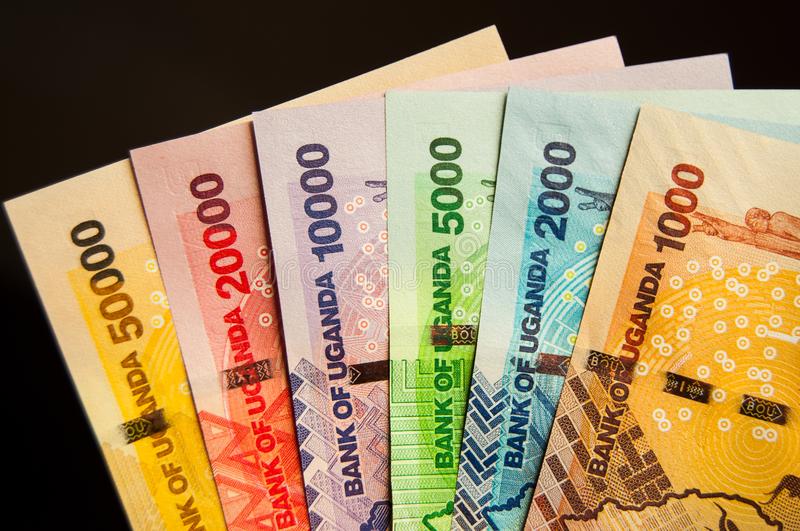By Frank R Kasoroza
A story is told of an elderly woman in 1935 New York whose son in law abandoned her daughter and their two children. The toll of the great depression apparently more than he could bear.
This elderly lady, herself reeling from the economic hardship of the day, but spurred on by that most beautiful of human traits – goodness, took them in. Today, because of Covid19, the world once again finds itself having to deal with an unprecedented economic shock whose net result is, unfortunately, the deepest global recession since 1933.
Uganda, like the rest of the world, has not been spared by Covid19 and its resulting economic distortions. The Africa Development Bank in its latest economic report states thus: “Economic growth is projected to decline to 2.5% in 2020 and partially recover to 3.5% in 2021 in the baseline scenario, assuming the pandemic is contained by the third quarter of 2020.
In the worst-case scenario, where the pandemic persists to the end of 2020, GDP growth is projected to decline to 1.6% in 2020 but rebound to 4.2% in 2021. Economic activity in services, manufacturing, and construction are expected to remain fragile. With aggregate demand subdued, prices will remain relatively stable, and annual inflation is projected to increase slightly to 4.6% in 2020 in the baseline scenario.”
On the other hand, the global economy is projected to contract by at least 3% in 2020, much worse than the contraction following the 2008/9 financial crisis. Like in many other jurisdictions, our Central bank – Bank of Uganda – has reduced its policy rate to 7%. It also extended credit to banks in distress to address the expected rise in non performing loans.
These measures by the Central bank are primarily aimed at supporting economic activity, in the form of credit relief to borrowers, of our private sector. These very welcome interventions are meant to boost aggregate demand by providing cash transfers to vulnerable groups (informal urban traders) as well as to firms in tourism and hospitality.
When president Museveni partially lifted our “lockdown” – reopening public transport and shopping malls. Traders and owners of these malls excitedly got back to work. However, some unscrupulous individuals in commercial banks, in a practice as old as the defunct Crane bank, began to unfairly and illegally make demand notices on mortgage facilities.
One example is that of Mr.Hamis Kiggundu, a young trader and mall owner […]
